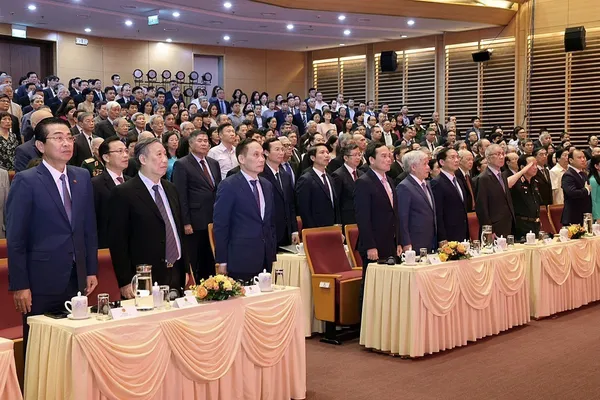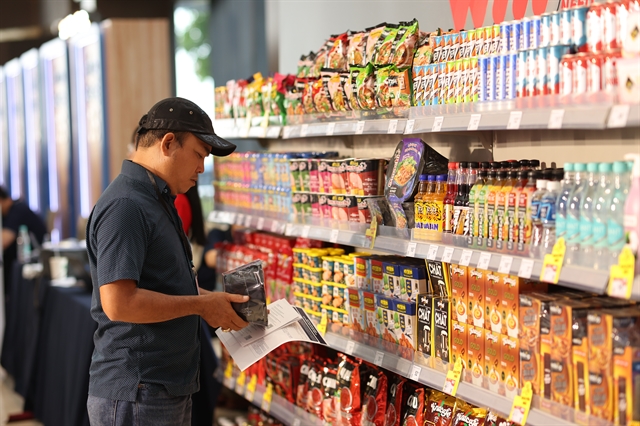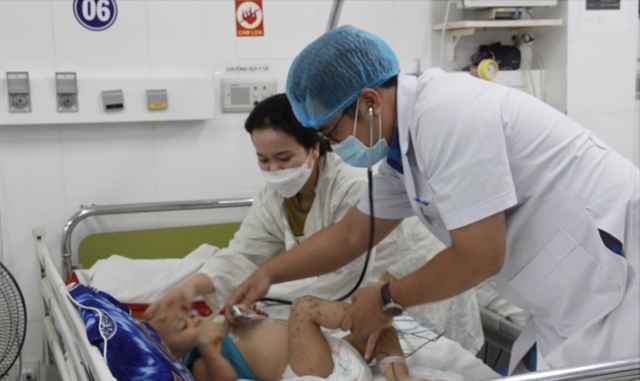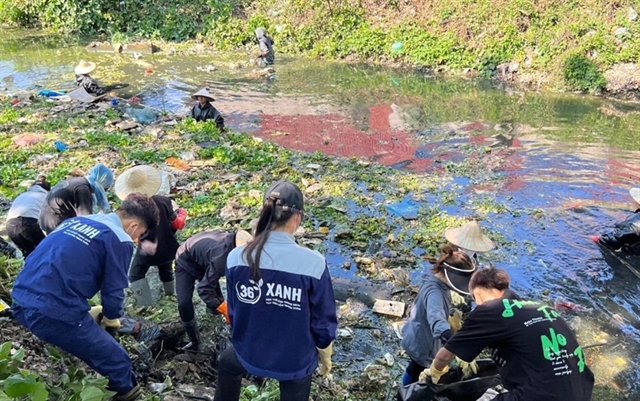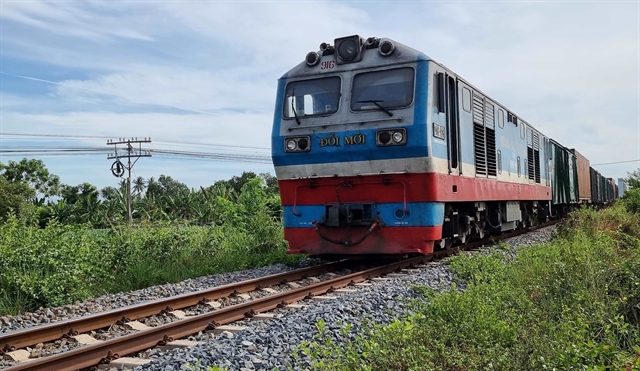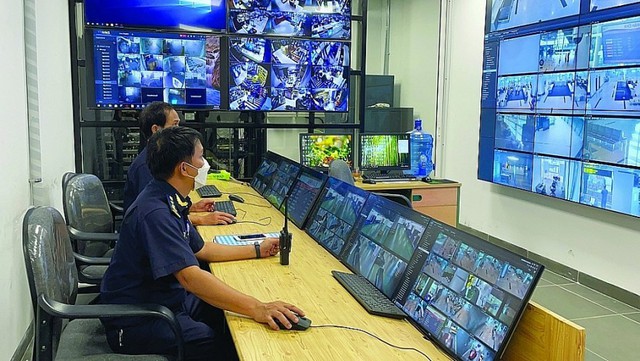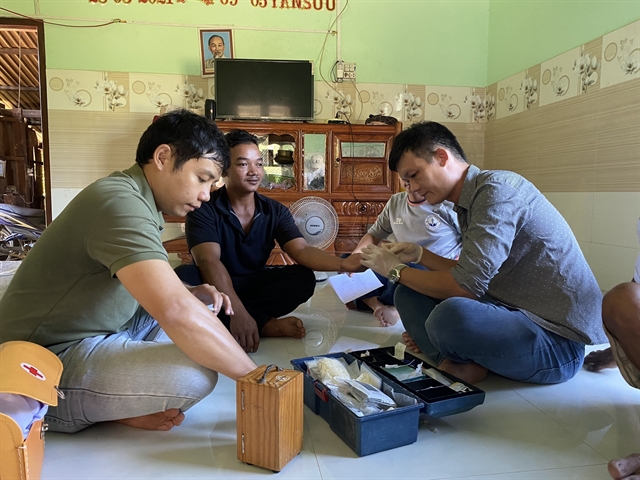 Opinion
Opinion
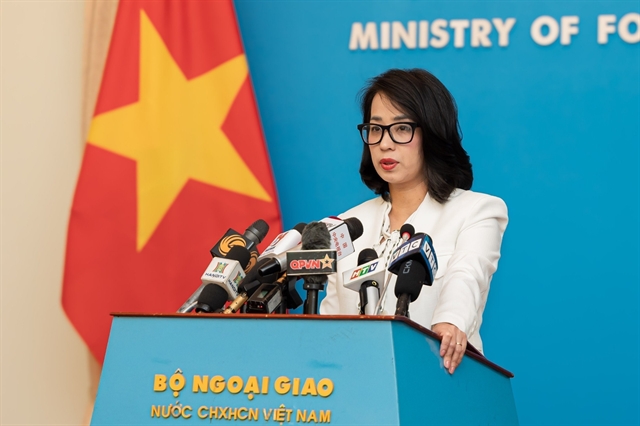
Đặng Thuận Phong, Vice Chairman of the National Assembly Committee for Social Affairs, speaks to the newspaper Tiền Phong (Vanguard) on the need to change old laws to make them close to life.
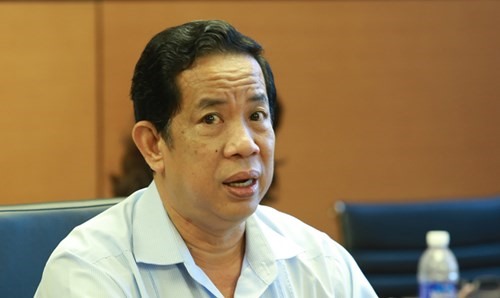 |
Đặng Thuận Phong, Vice Chairman of the National Assembly Committee for Social Affairs, speaks to Tiền Phong (Vanguard) newspaper about the need to change old laws.
Following recent natural disasters that hit the two central provinces of Quảng Bình and Hà Tĩnh, many few people and organisations have raised funds to help the victims. But there have been rumours that those people may have broken the law. What’s your point of view on the situation?
Frankly speaking, for humanitarian activities, society’s confidence is most important. When a natural disaster, disease outbreak or something else severe happens, many humanitarian activities aid victims and their families. These acts aim to help victims overcome their difficulties and feel warm in their hearts.
However, in the past, humanitarian activities often came through socio-political organisations, like the Việt Nam Fatherland Front, Việt Nam Red Cross and others. But nowadays, these activities are carried out in many other forms. A key reason is that some humanitarian activities in the past lost the people’s confidence. They also worried that their donations might not go to the right people.
That’s why recently many humanitarian people or organisations want to bring aid directly to natural disaster victims. Some people have used their prestige to call on kindhearted people to donate cash or aid to help victims. In my opinion, these activities are all noble gestures and should be encouraged.
In your opinion, how should management agencies respond to the humanitarian activities of the public?
Management agencies should not prevent these humanitarian activities. Vice versa, they should encourage them. This is a chance for all socio-political organisations to look back on their humanitarian activities and learn so that they can do better in the future.
Some people have worried that aid might be distributed unfairly. How do you respond to that?
As far as I know, before choosing the place to go for humanitarian activities, donors should contact local authorities and discuss with them how they should give their donations directly to the most needy families or people. This is the best way to give donations as no one understands the situation of the victims better than the local leaders. In my opinion, the most important point here is that local leaders should do their best to help donors distribute their aid to help victims overcome their misfortune.
Should we revise our laws to ensure humanitarian aid goes to the right people while encouraging more people to support victims of natural disasters?
I couldn’t agree more. When legal documents are no longer appropriate, particularly those running against the humanitarian spirit of the general public, they must be revised. There is a saying “a friend in need is a friend indeed” and that saying has been practiced by our people for ages. We should welcome anyone or any organisation offering aid to people in need. This is an age old tradition in our country.--VNS

